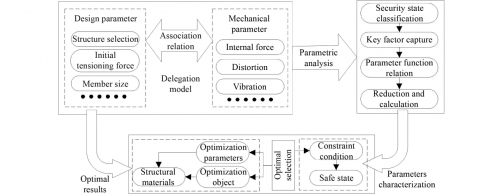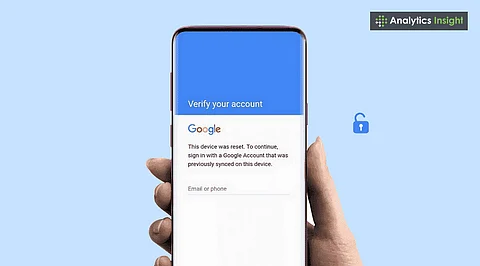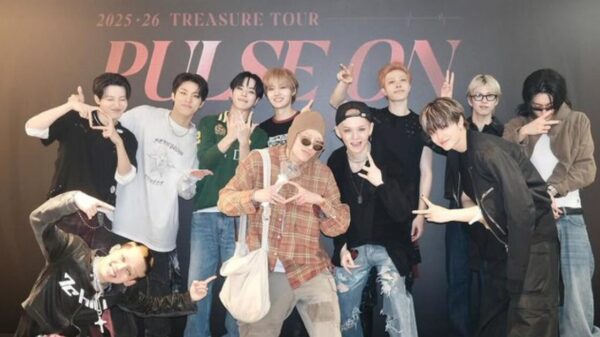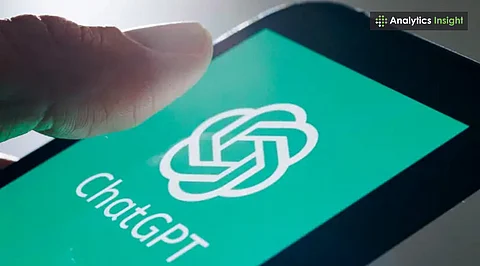ChatGPT, the artificial intelligence conversational agent developed by OpenAI, has proven to be more versatile than many users realize. While it is commonly employed for simple queries, this tool offers advanced capabilities that can enhance productivity and creativity across various fields, including education and professional work.
Exploring ChatGPT’s Versatile Features
Many users view ChatGPT primarily as a chatbot for quick responses. Yet, it functions as a comprehensive assistant, providing support for tasks such as coding, planning, and summarizing documents. Its lesser-known features allow it to act as a tutor, creative writer, and productivity enhancer. By mastering these features, users can significantly improve their daily efficiency.
One of ChatGPT’s standout abilities is its capability to simplify complex topics. If a student struggles with a challenging subject, such as science or history, ChatGPT can break down concepts into manageable steps. It can even create quizzes or flashcards, making it an invaluable study aid for exam preparation.
Maximizing Learning and Creativity
ChatGPT excels when given clear and specific instructions. For instance, instead of asking it to “write a poem,” users can specify, “Write a short poem about a rainy day using simple words.” This approach yields more creative and relevant content.
The AI has recently introduced smart features like personalized memory and context-aware assistance. This means it can remember previous conversations, making interactions more relevant and tailored. Users have found success in employing ChatGPT for drafting emails, generating code, and planning trips, demonstrating its adaptability for various tasks.
In addition to its academic capabilities, ChatGPT can assist with planning daily routines or study schedules. For example, it can help create a weekly study plan for an upcoming test or a checklist for moving. This functionality positions ChatGPT as a digital organizer, rather than just a conversational agent.
Professionals across different sectors utilize ChatGPT for more than mere content generation. It can provide assistance with coding errors, making it a helpful resource for software developers. A user might ask, “Help me understand this error in my Python code,” and receive actionable insights.
Moreover, the AI can adapt its writing style to fit various needs. Whether users require formal communication for business emails or a casual tone for social media posts, ChatGPT can modify its language accordingly. This flexibility is particularly advantageous for marketers and content creators looking to engage their audiences effectively.
Creative individuals, including writers, designers, and musicians, are also leveraging ChatGPT to generate fresh ideas. It can help brainstorm brand names, draft scripts, or even craft song lyrics, making it a valuable partner in the creative process. When approached with the right prompts, ChatGPT can produce original and catchy content.
ChatGPT’s effectiveness improves with continued use. As users become adept at providing detailed instructions, the AI produces more refined and relevant responses. This evolution transforms it from a simple question-answering tool to a dynamic assistant that enhances productivity and reduces workload.
In conclusion, ChatGPT is far more than a basic chatbot. It offers a range of features that can assist with learning, productivity, and creativity. By understanding how to optimize its capabilities, users can harness the full power of this intelligent tool, making it an indispensable part of their daily routines.








































































